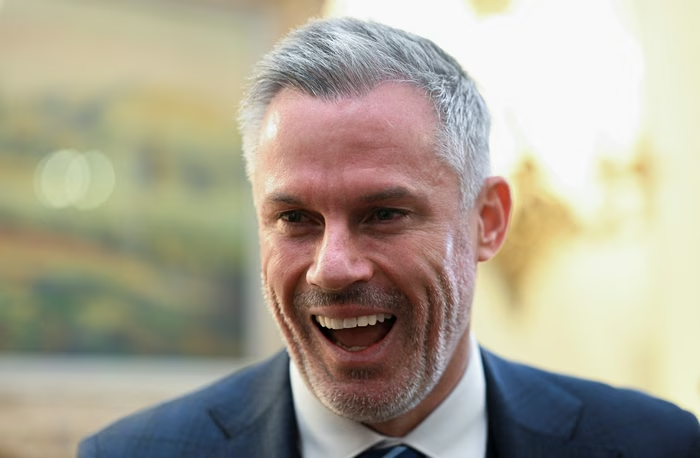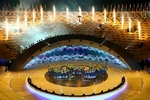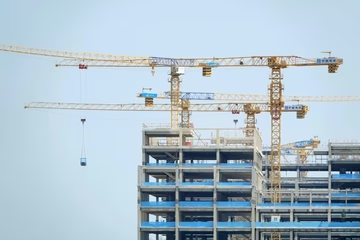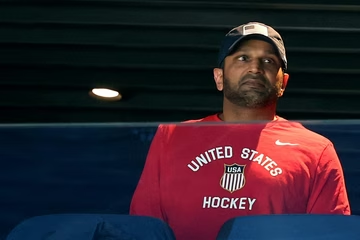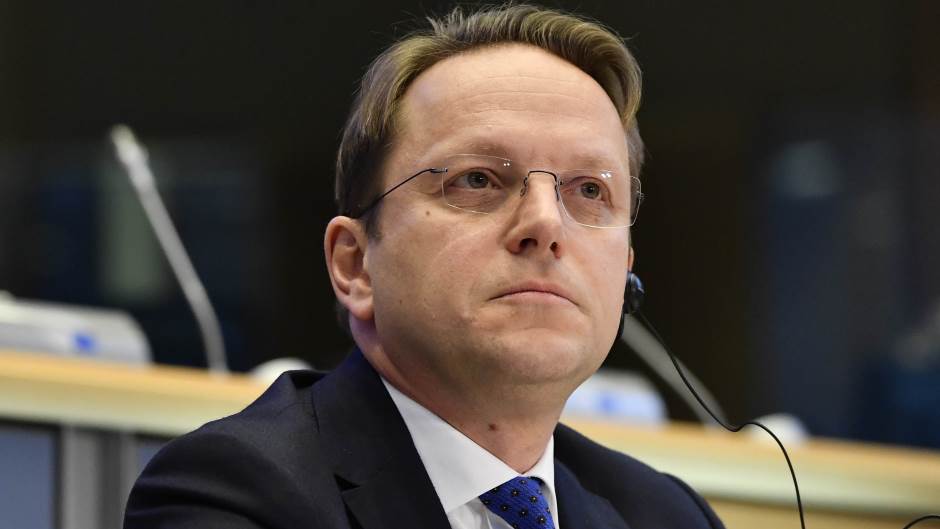
Politico, a US news organisation's edition for Europe, looked into the preparations for the forthcoming European Union – Western Balkans leaders meeting, envisaging the bloc officials "might want to ask the European Commission(EC) point man for an impartial view of the region's efforts to meet democratic standards and one day join the bloc."
„Then again, they might not,“ Politicosaid on Tuesday.
According to its sources, the Hungarian diplomat pushed the candidacy of one regional „country above all: Serbia — even though Belgrade has failed to make progress on key issues and even regressed on some, according to democracy watchdogs.“
Politico added that „according to more than a dozen officials from multiple institutions and an analysis of internal documents, European Commissioner Olivér Várhelyi has overseen a push to play down concerns about the rule of law and human rights in candidates for EU membership.“
„The approach of Várhelyi, the European commissioner for neighbourhood and enlargement, on both the Western Balkans and Turkey is out of step with many EU countries. It also contrasts sharply with Commission President Ursula von der Leyen’s instructions when he was appointed in 2019,“ Politico said.
She wrote to Várhelyi about his assignment, saying, „the respect for human rights and the rule of law should be the foundations for our international cooperation.“
Hungarian Prime Minister Viktor Orbán has championed the EU aspirations of Serbia, his country’s southern neighbour, ruled by his ally, President Aleksandar Vucic, Politico has recalled, adding that both men have been widely accused of authoritarian tendencies.
In its article, Politico also said that „even a bland statement for Wednesday’s summit with Western Balkan leaders in Slovenia showed, there is little enthusiasm among them for expanding the club any time soon.“
However, as Politico wrote, the Hungarian commissioner had clarified to his staff that he wanted to boost Belgrade’s campaign for EU membership.
„Commissioner Várhelyi has made it a priority to accelerate the enlargement negotiations with Serbia,“ Maciej Popowski, acting head of the Commission’s Directorate-General for Neighbourhood and Enlargement Negotiations (DG NEAR), wrote in an email to staff in February.
„While this depends first and foremost on reforms in Serbia, we need to be ready to move forward on the EU side as soon as Serbia demonstrates the necessary progress.“
However, Politico recalls the NGO Freedom House rating of Serbia as „partly free“ in its 2021 Freedom in the World Index, writing that the „ruling Serbian Progressive Party (SNS) has steadily eroded political rights and civil liberties, putting pressure on independent media, the political opposition, and civil society organizations.“
Also, in the latest Democracy Index, an annual survey carried out by the Economist Intelligence Unit, Serbia recorded its lowest score in the index’s history, which began in 2006, Politiko added.
Nevertheless, it said that „according to two Commission officials, Várhelyi’s cabinet upgraded the assessment of Serbia to give a more positive view of rule-of-law issues in this year’s draft enlargement report, which reviews candidate countries’ progress and is currently being prepared.“
In an email answering question about changes to the Serbia assessment, Várhelyi said that „the assessment of the countries’ progress on the EU reform path is subject to a long process, with a final decision made by the College
of Commissioners] as a collegial body.“
„It is quite clear that the reform process has gotten new impetus in Serbia,“ he told Hungarian pro-government daily Magyar Nemzet in an interview last month, Politico said.
Asked how he responded to criticism that he had pushed forward Serbia’s candidacy despite a lack of sufficient progress, Várhelyi replied: „I am pushing forward the enlargement agenda for the whole of the Western Balkans: Albania, Bosnia and Herzegovina, Kosovo, Montenegro, North Macedonia and Serbia.“
Kakvo je tvoje mišljenje o ovome?
Učestvuj u diskusiji ili pročitaj komentare





 Srbija
Srbija
 Hrvatska
Hrvatska
 Slovenija
Slovenija


















